7 Russian habits that will help you to eat healthy
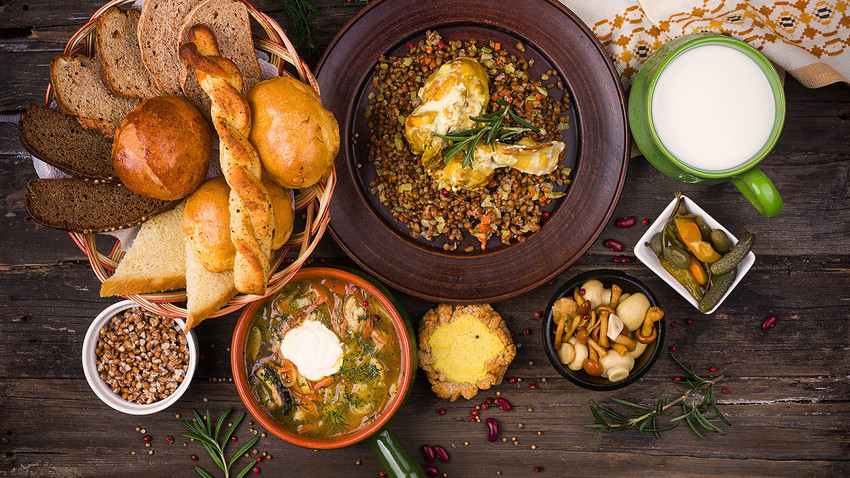
1. Start the day with porridge
Cereal porridge is a great example of a complex carbohydrate that releases energy slowly to help us get through a long day. Cereals are also rich in fiber, minerals, and vitamins. The most popular grain in Russia is
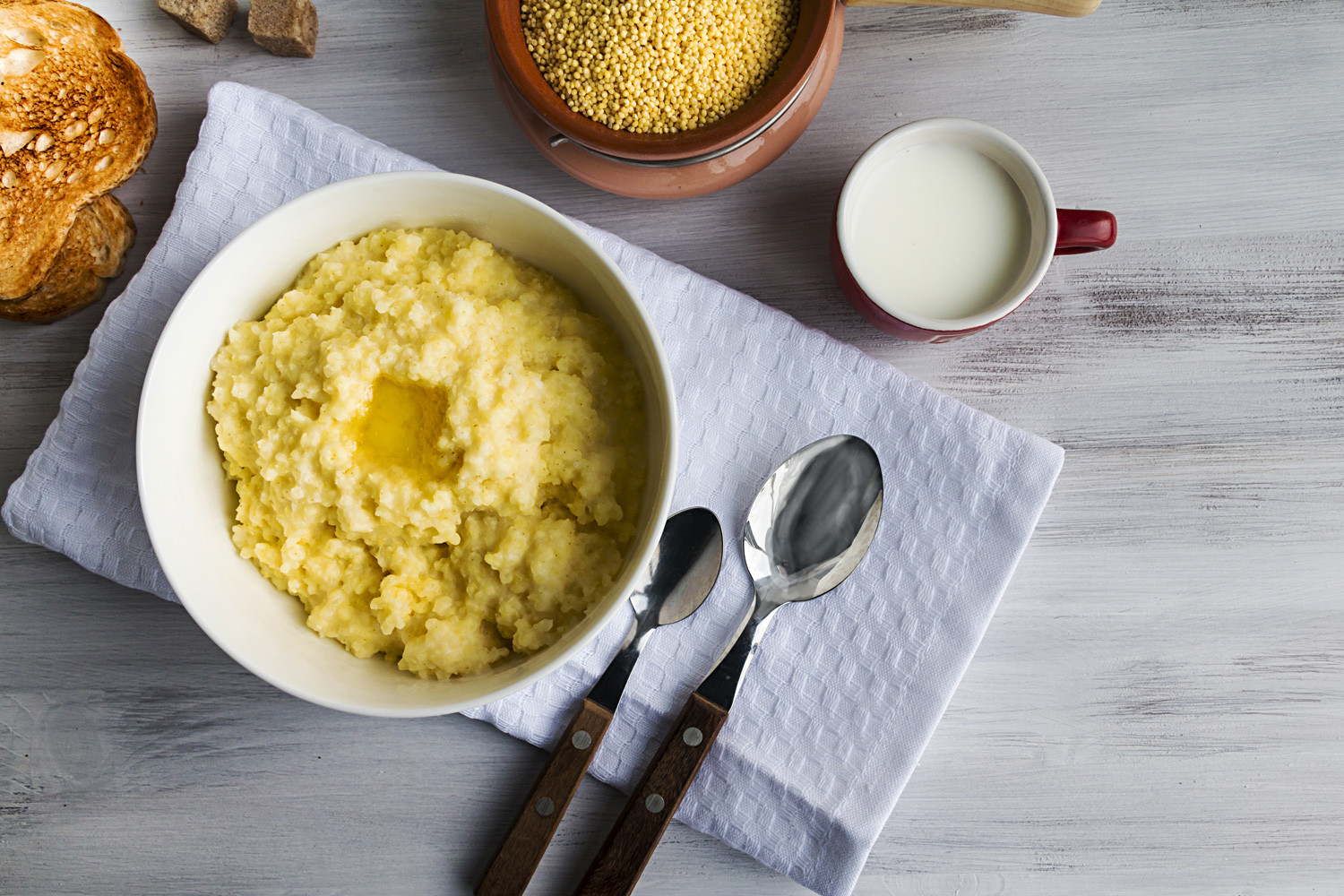
2. Eat soup for lunch
Is there any other country that loves soup as much as Russia? There are many delicious types for all seasons, from hot meatball soup to fresh summer
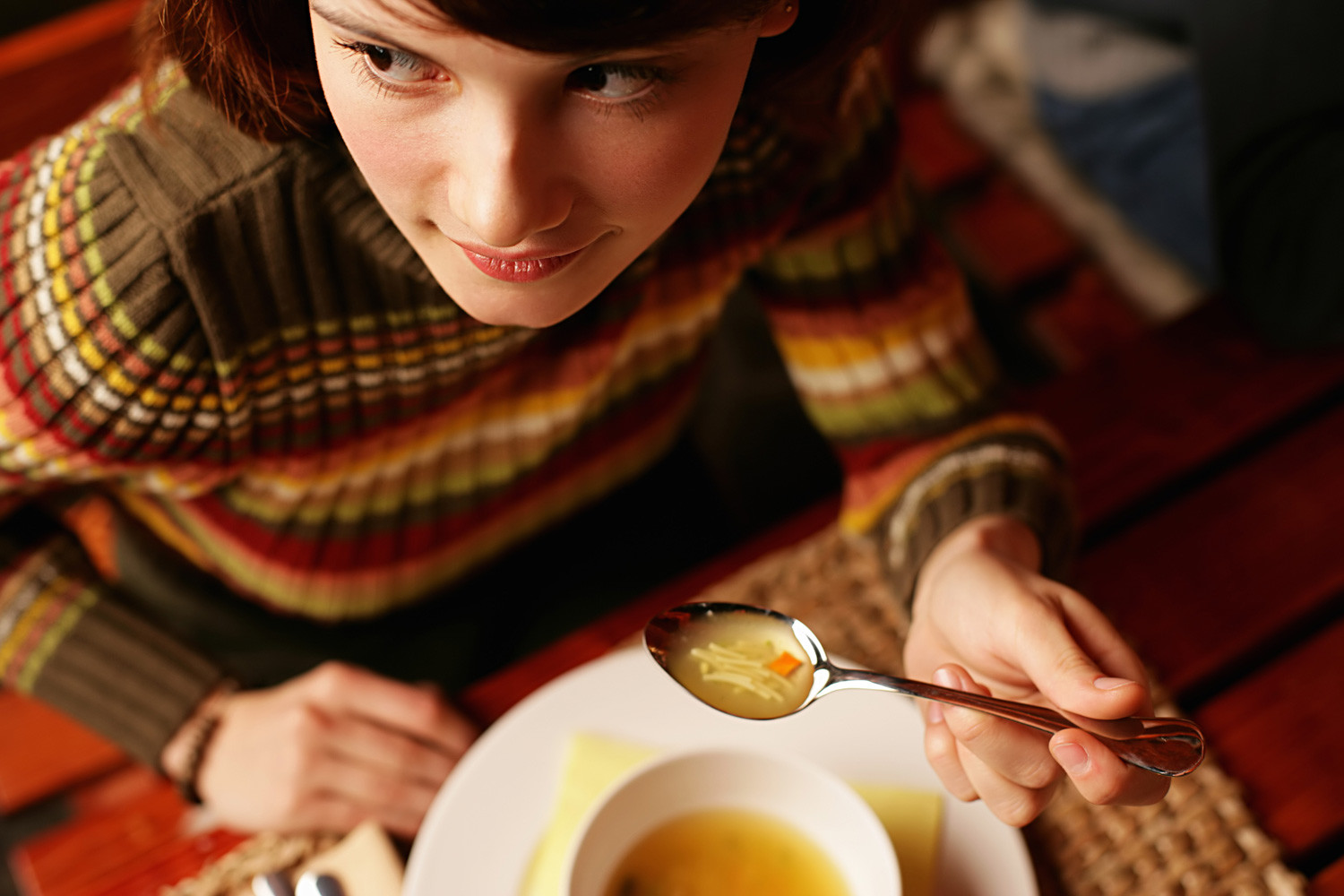
3. More greenery!
Russians traditionally eat a lot of herbs: Parsley, cilantro, and sorrel. But the omnipresence of dill in Russian cuisine is legendary. A lot of foreigners are really surprised to meet dill in some unexpected dishes like pizza and sushi a la
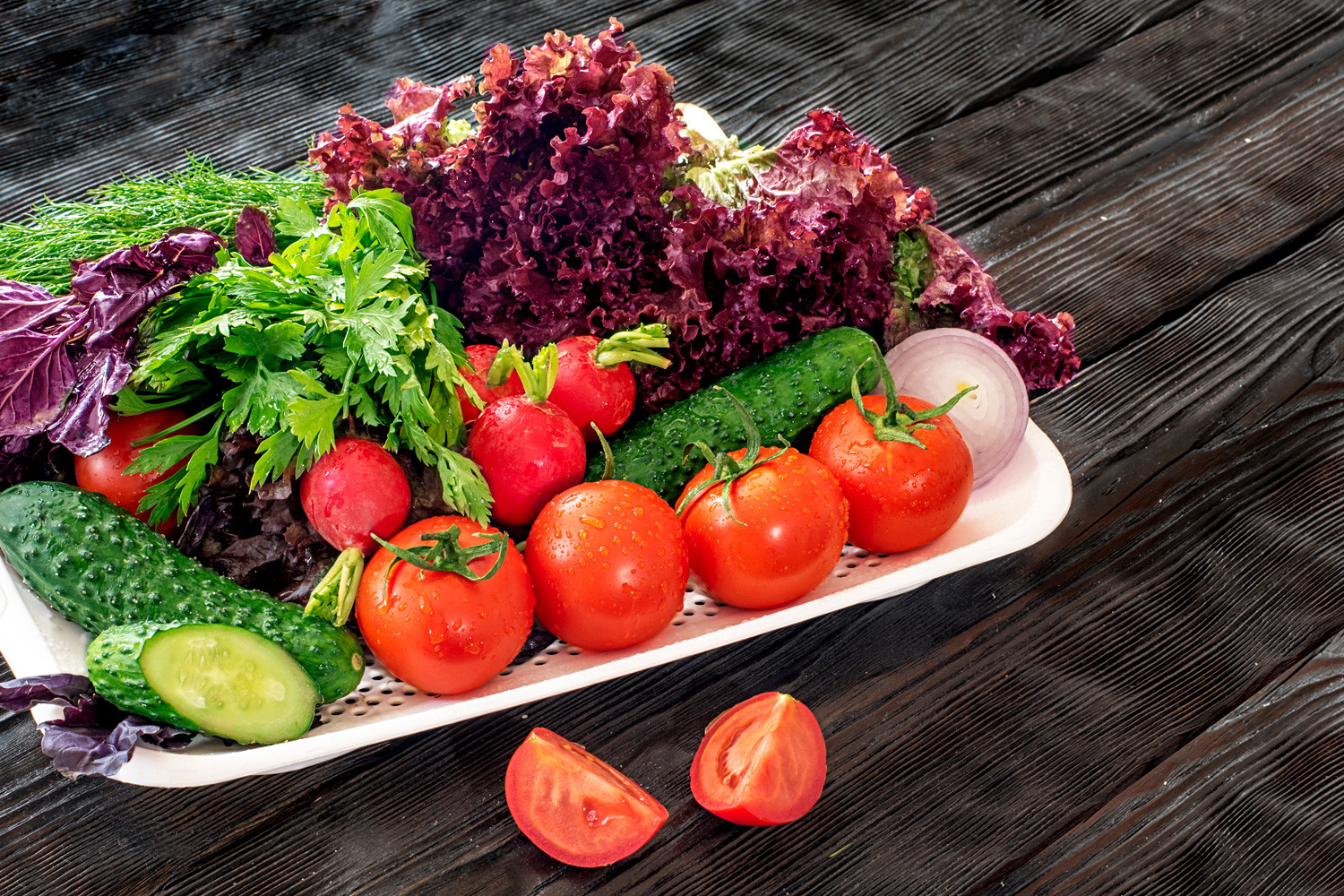
4. Fall in love with kefir
In Russia, people are used to a rich variety of dairy products. Kefir is a fermented milk drink made with certain grains comprised of bacteria and yeast. Kindergartens and hospital menus offer it, and people trying to lose weight (here’s how to do it) or recover from a hangover also knock it back. Kefir prevents the development of pathogenic flora in the intestine, and contains many vitamins: A, D, K, and E. It’s easily digested and is also good for lactose intolerant people. Moreover, Russians use this drink to marinade shashlik, make bliny, and for a cold okroshka.
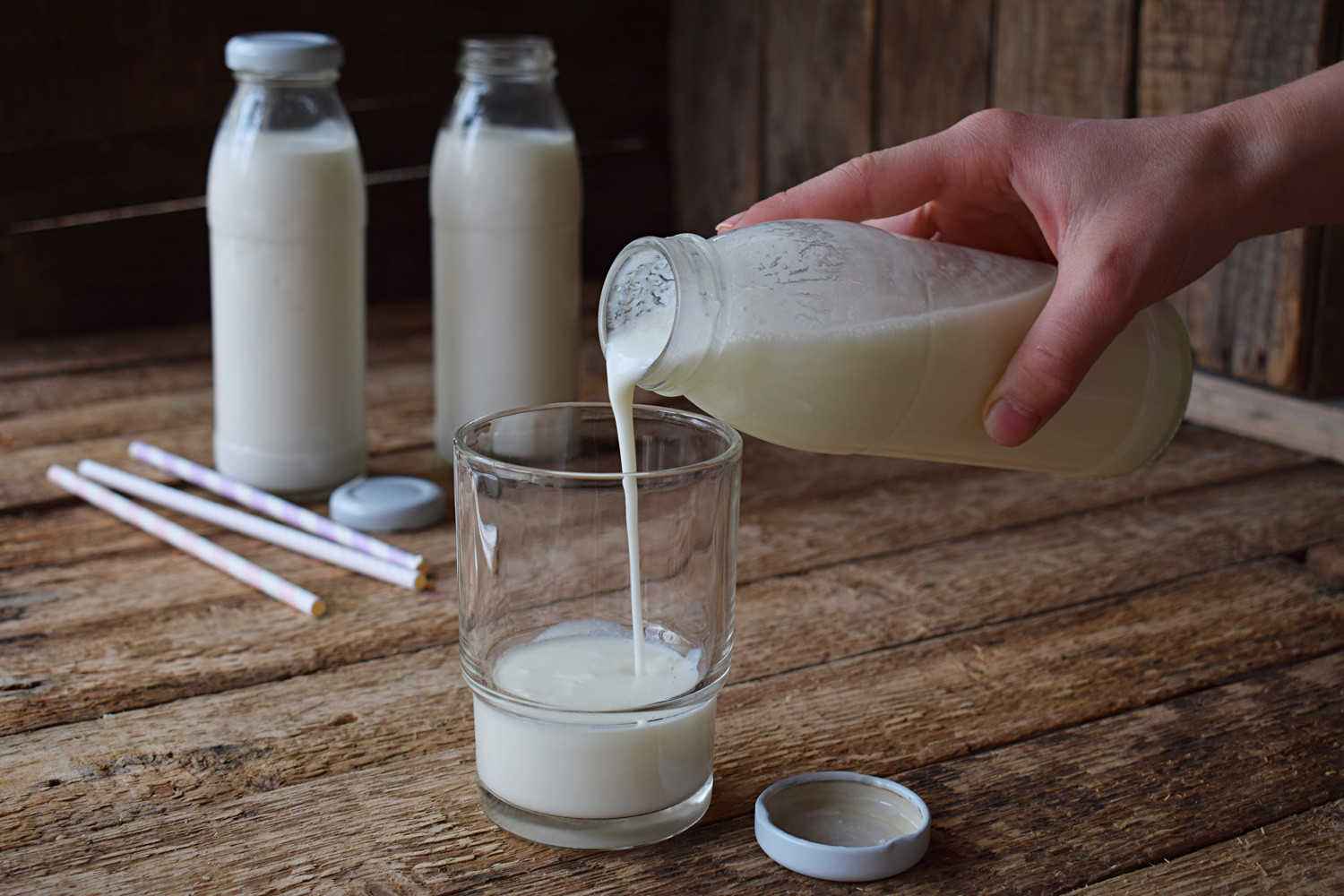
5. Grow fruit and vegetable yourself
A lot of Russians have country houses, which are called dachas, where they not only rest on weekends, but also grow fruits and vegetables (organic, fresh, etc.). Even if you don’t havea dacha you can grow your favorite greenery and onions in a backyard or balcony. Do you remember the vegetable garden that Michelle Obama planted near the White House?
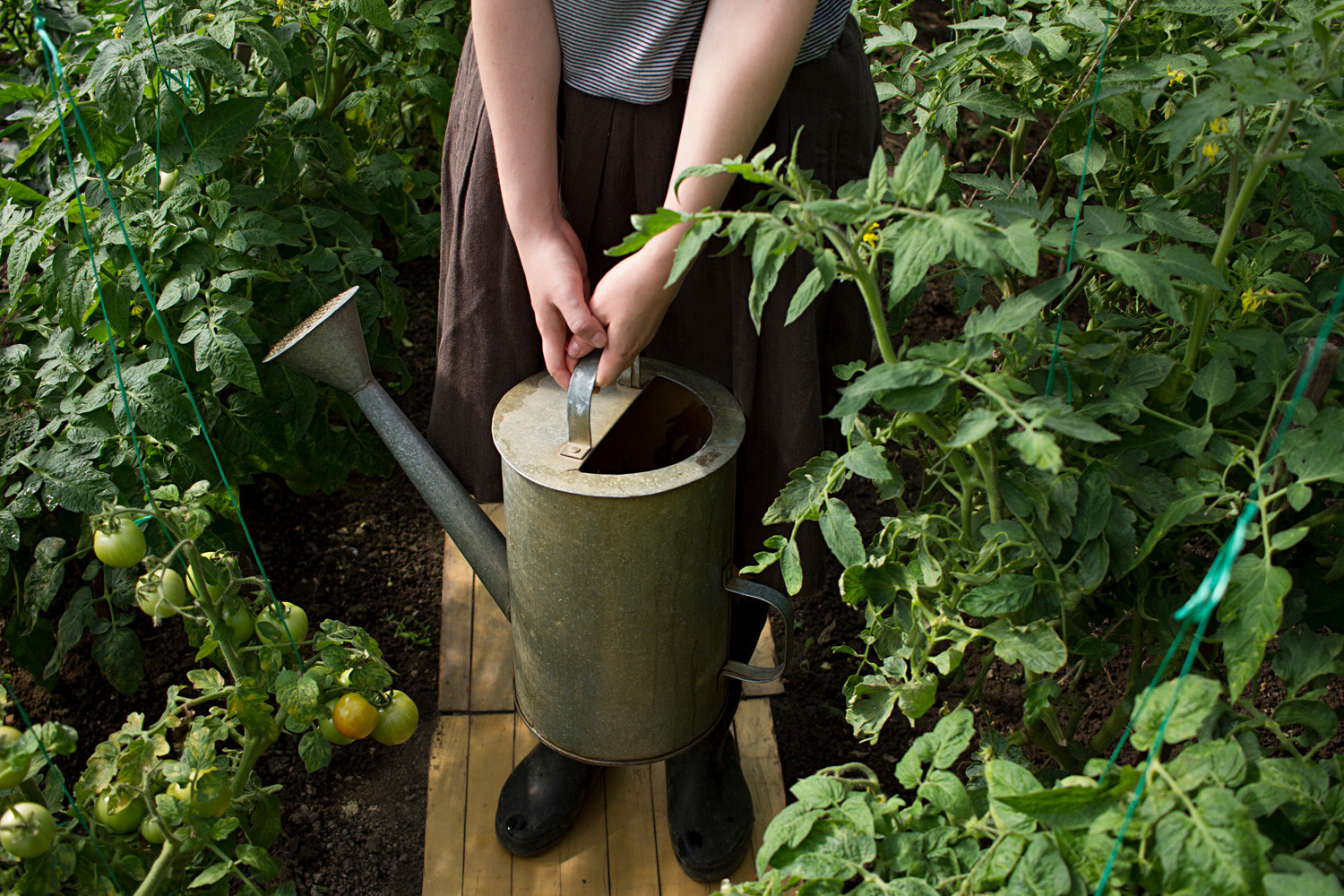
6. Boil and bake instead of frying
You won’t find many deep-fried dishes in the Russian kitchen. Russians cook most foods by boiling and baking in the oven. Try to make your favorite steak in the oven and you will definitely like its crust and smell. Another baking idea: Syrniki in the oven - for one pack of tvorog (cottage cheese) – one egg, one tbsp of sugar (not necessary), 1/3 cup of flour, and a pinch of baking powder. Bake for 30 minutes and top with sour cream for an incredible Sunday brunch.
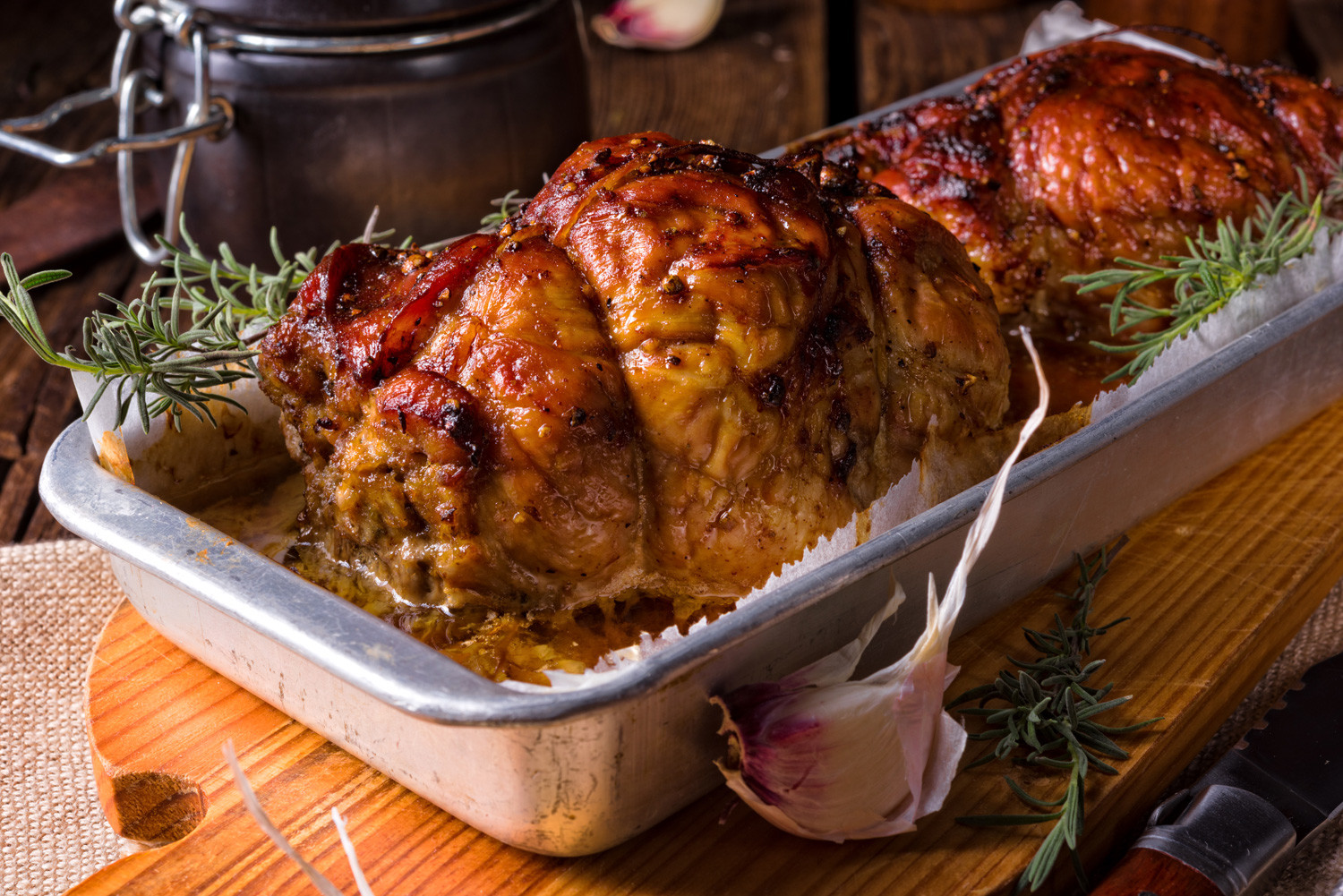
7. Share dinner with friend
Do you know the famous Russian saying? Eat breakfast yourself, share dinner with a friend, give supper to your enemy. This phrase most likely belongs to the military commander Alexander Suvorov who believed it wasn’t healthy to eat late. Seems that dietitians agree with him.

Start your day with a good big breakfast and try to eat less in the evening. And read our Russian Kitchen section for more interesting stories.
Read more: Why do Russians obsess over tvorog?
If using any of Russia Beyond's content, partly or in full, always provide an active hyperlink to the original material.
Subscribe
to our newsletter!
Get the week's best stories straight to your inbox